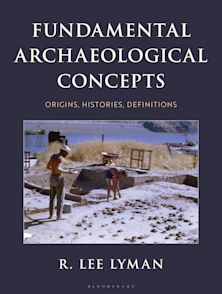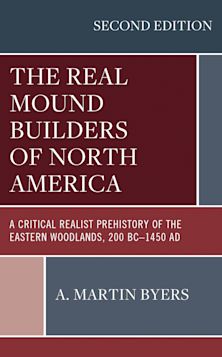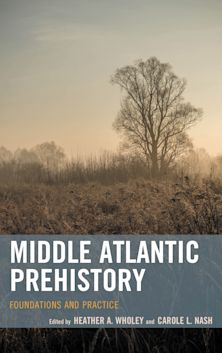Correlative Archaeology
Rethinking Archaeological Theory
Correlative Archaeology
Rethinking Archaeological Theory
This product is usually dispatched within 3 days
- Delivery and returns info
-
Free US delivery on orders $35 or over
Description
In Correlative Archaeology, Fumi Arakawa applies correlative thinking practices, which are derived from an East Asian view of the world that stresses connectivity, to archaeological interpretations. Arakawa, a Japanese scholar who was trained in Western archaeology, argues that a correlative paradigm can help archaeologists, as well as scholars and researchers from other disciplines, consider competing paradigms and integrate Native American voices and narratives into interpretations of prehistoric art and landscapes.
Table of Contents
Chapter 2 The Development of the Culture History Paradigm: A Case Study from the Mimbres Region
Chapter 3 Processual Archaeology
Chapter 4 Post-Processual Archaeology
Chapter 5 Multivocality
Chapter 6 Native Science
Jim Enote and Octavius Seowtewa
Chapter 7 Correlative Archaeology
Product details
| Published | Jan 29 2025 |
|---|---|
| Format | Paperback |
| Edition | 1st |
| Extent | 184 |
| ISBN | 9781793643803 |
| Imprint | Lexington Books |
| Illustrations | 22 colour illustrations; 3 tables; |
| Dimensions | 9 x 6 inches |
| Series | Issues in Southwest Archaeology |
| Publisher | Bloomsbury Publishing |
Reviews

ONLINE RESOURCES
Bloomsbury Collections
This book is available on Bloomsbury Collections where your library has access.


































